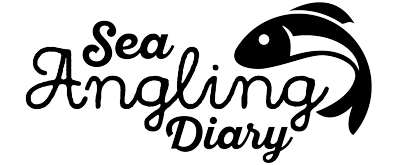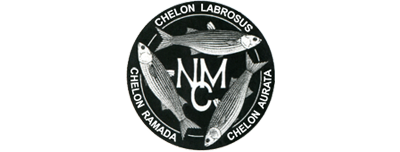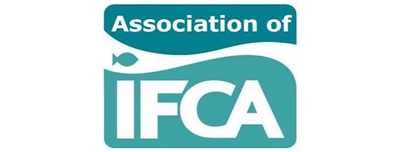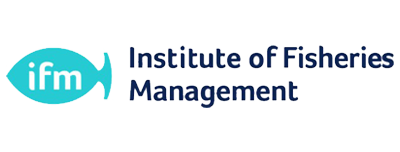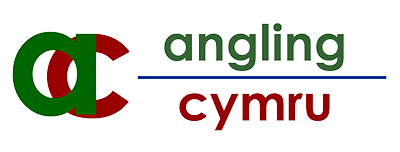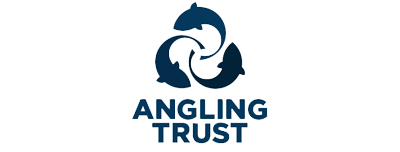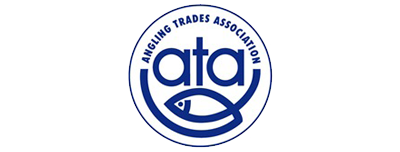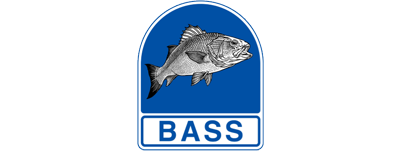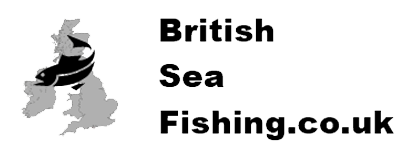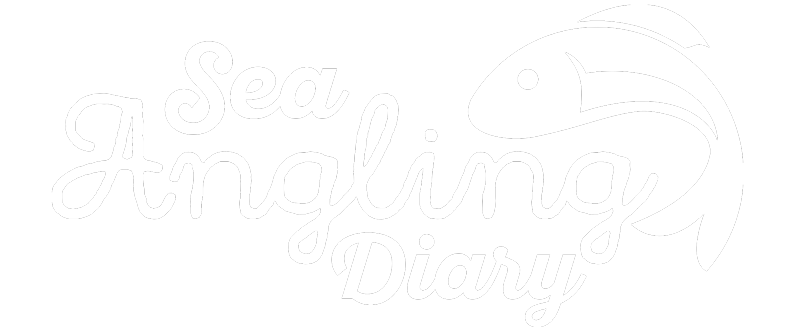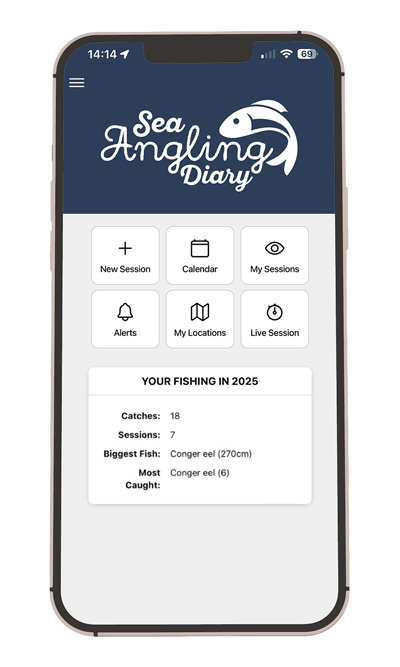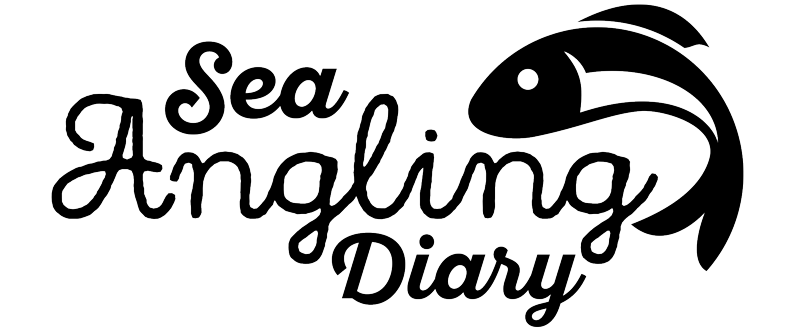NEED MORE INFO?
Most Frequently Asked Questions…
The Sea Angling Diary Project is carried out in partnership by government marine science organisation Cefas (Centre for Environment, Fisheries and Aquaculture Science) and research company, Substance, who have a long track record in angling research (National Angling Strategy, Angling Research Resources). It is undertaken on behalf of the English and Welsh governments who fund the work.
The data collected will be provided to national and local policy makers in England and Wales to make better informed decisions on fisheries management, as well as provide angling governing bodies and the sea angling community with information to help them develop their own views and policies. By having data that is as accurate as possible about what is caught, released and spent by sea anglers in England and Wales, helps enable the sea angling community to demonstrate its real impact more effectively.
The Sea Angling Diary Project has been running since 2016 and is one of the longest running research projects on sea angling in the UK. It has grown from 500 participants in 2016 to over 2,400 in 2022 – and over 6,000 have taken part in total. Each year, the project involves sea anglers who commit to provide information via a mobile app and online tool about:
• Their sea angling activity (when they fish in a month or not).
• Their sea angling sessions (location, duration, method and platform)
• Their catches.
• One off surveys about their spending and social impacts.
These data are used, alongside other surveys, to provide an estimate of the participation levels (numbers, frequency), catches by species and area, economic value of sea angling and its social impacts.
You can find out more here: www.seaangling.org
The Sea Angling Diary Project has shown that up to around one million adults have been sea angling in the past year, fishing for up to 7.5 million days. Each year sea anglers up to £1.3 billion on their sport, resulting in a total economic impact of over £1.5 billion pounds and supporting over 13,000 jobs. Up to 54.5 million fish are caught, 80% of which are released.
You can find out all of the details in previous reports here:
• Sea Angling in the UK 2016 and 2017
• Sea Angling in the UK 2018-19
Reports from a previous study, Sea Angling 2012 are also available here
A social study on the impacts of COVID-19 on the diary panel found that anglers spent less and had a lower health and wellbeing score when restricted from participation in sea angling. The report can be
found here.
A lot of sea anglers will be cautious about providing information about where they fish and what they catch. That is perfectly understandable – you don’t want everyone knowing your favourite marks, where you caught that specimen fish or where you go for particular species.
We have worked with sea anglers for over five years to make sure you can be confident that the vital information you give via the Sea Angling Diary is safe and that you do not share what you do not want to.
Some anglers want to give general information, but others want to record precise details and share information. We have created ways to handle both of these.
There is no doubt that sea angling is an important activity, providing social and economic benefits particularly for coastal communities in the UK and elsewhere. Previous research has shown that:
- Sea angling makes a significant economic impact worth between £1.5 and £2 billion–supporting 15,000 jobs – to the UK economy when indirect effects are included(1).
- Understanding recreational sea angling catches is important for sustainable management of fish stocks(2).
Getting accurate data about the activity, catches, and spending of sea anglers is vital. It can then be used, alongside data available on commercial fishing and other marine activities, to greatly improve the management of fish stocks. This helps to achieve conservation goals and support improving the availability of fish to sea anglers. Data from this and other surveys helps Department for Environment, Food and Rural Affairs (Defra), the Welsh Government and others such as Inshore Fisheries and Conservation Authorities (IFCAs) and angling organisations understand sea angling’s impact and value.
Until 2020, this work helped the UK Government fulfil a statutory requirement under the EU Data Collection Framework (DCF) to report recreational catches and releases of cod, sea bass, pollack, elasmobranchs, eel, salmon, and highly migratory species(3).
Since leaving the EU, the UK is an independent coastal state with control over its territorial waters. Marine recreational fisheries are now embedded in UK fisheries management through the Fisheries Act(4), alongside the provision for funding for development. This means to meet the objectives of the Fisheries Act, it is important to have biological, social, and economic data on recreational fisheries to inform Fisheries Management Plans. In addition, the UK has commitments to provides recreational fisheries data annually to the International Council for Exploitation of the Sea (ICES) for stock assessment and fisheries advice(5).
We have put in a number of measures to ensure that information from anglers is protected and no information is shared that you don’t want to. You can read more about that here.
1 https://www.gov.uk/government/collections/sea-angling-in-the-uk-reports
2 https://journals.plos.org/plosone/article?id=10.1371/journal.pone.0201666 ; The impact of
marine recreational fishing on key fish stocks in European waters (plos.org)
3 EU Data Collection Framework (Council Regulation (EC) No 199/2008) and the Multi-Annual
Programme (Council Regulation (EU) 2017/1004
4 https://www.legislation.gov.uk/ukpga/2020/22/contents/enacted
5 https://www.ices.dk/
This requires accurate data on how many fish are being caught each year by all fishing activities along with other information, such as from research surveys, to monitor stock trends. Without data on recreational fishery catches, only part of the picture is available for important recreational angling stocks such as sea bass and cod. This could result in greater uncertainty about the status of a stock, which makes it more difficult to know if the restoration of stocks to a healthy condition is on track. Sea angling surveys are designed to provide the type of data on recreational catches and releases needed in future years to improve our knowledge of the trends and sustainability of stocks.
The research is supported by a wide range of angling, fishery and marine organisations:
If sea angling is to be strongly represented in marine fishery management, there is a need for up-to-date evidence to stand alongside data on other marine activities. It is vital that information on sea angling is as accurate as possible – in terms of how often people go fishing, what is caught, what is released and what is contributed to the economy. The data from 2016-19 are freely available in the published reports. All data from the programme will be freely available, so can be used by angling organisations to develop policies on important issues facing sea angling. Consultation on new fisheries legislation has suggested a new and improved role for recreational sea angling within wider marine fisheries management. This emphasises the need for better data on sea angling to properly inform that management.
Some anglers believe that the purpose of angling surveys is ultimately to control sea angling. This is not the case, as the government would not wish to impose unnecessary regulatory burdens where they are not needed. However, where there is strong evidence that a fish stock is being overfished and badly depleted due to the combined effect of commercial and recreational fishing, all people involved in taking fish of this species from the sea should bear a responsibility to help conserve and restore the stock. Without good data on what is being caught by all types of fishing, it becomes very difficult to develop the most effective packages of measures to achieve this and to predict and monitor their outcome. Sea angling surveys could highlight circumstances where anglers should play an important role along with commercial fishermen in this process of restoring vulnerable or overexploited stocks, for example bass. In this case governments would seek to work with the angling sector to agree voluntary measures or to contribute as effectively as possible to development of international and domestic regulatory measures where there is a clear need for them.
Commercial fisheries already have a heavy burden of catch reporting through log-books, and there are large programmes of data collection by national fishery laboratories to establish the size and age compositions of catches, and quantities discarded. These are key inputs to scientific assessments of most fish stocks. For important recreational stocks, estimates of recreational catches would improve the accuracy of assessments of the state of the stocks. This would help to achieve conservation goals and eventually improve the availability of fish to sea anglers.
Quite simply, the more people willing to take part, the better the quality of the information produced. And the more accurate the data, the better represented sea angling will be. It is a popular misconception that the absence of data would result in sea angling being ignored when fishery managers are considering how best to conserve fish stocks. In contrast, if there is evidence that a fish stock is in need of stronger conservation measures, management decisions may have to be based on a worst-case view where there are large uncertainties in knowledge of the fish stocks and what is being caught. If accurate information is available about recreational angling, those decisions will be based on what is actually the case. For this reason, it is in everyone’s interests to have accurate, verifiable data on sea angling so that it has a clearer picture of the state of stocks and sea angling’s value to the economy. This will facilitate working with sea angling bodies to develop more effective voluntary or regulatory conservation measures if needed, and to contribute more effectively to national and international policy development. In the longer term this can only be to the benefit of sea angling, particularly where there is a need to restore important recreational angling stocks to healthier and more productive levels.
As stated above, the Government would not wish to impose unnecessary regulatory burdens on sea anglers. Angling surveys and other surveys may indicate that there are species in particular areas where recreational activity could be considered to be having a significant additional impact, which is the case for sea bass and could also be true for some other species. If this is the case, UK governments would initially prefer to develop voluntary measures which will reduce the recreational impact on the stock, but not affect the enjoyment of the sport. This may take the form of catch-and-release after a certain number of fish have been retained or voluntarily avoiding areas where large quantities of small fish are being caught. This may be seen as a negative effect of surveys, but in reality the absence of such data could lead to even more precautionary measures and more restrictive controls due to a greater uncertainty about the total impacts of fishing. Of course, angling surveys may demonstrate that recreational activity is having a negligible effect on stocks, and there is no need to seek additional voluntary or regulatory measures for those stocks. However, we cannot assume that will be the case, which is why it is important to have data collected as accurately as possible. Well-informed decisions are important for the benefit of all stakeholders.
The Sea Angling Diary Project has two components:
1. A nationwide face-to-face survey to estimate sea angling participation and effort, using questions added to the Watersports Participation Survey each year;
2. A ‘diary panel’ survey involving the completion of monthly diaries, over a year, in a mobile app and online tool by those who agree to take part, collecting information about:
- Fishing sessions;
- Methods, platforms, duration and whether or not they are targeting a species;
- Catches including kept and released fish (including lengths);
- Expenditure;
- Social impacts.
Estimates of recreational sea angling catches and trip expenditure from the diary panel are used to derive estimates for the whole population of sea anglers, based on estimates of the total nationwide numbers of sea anglers from the Watersports Participation Survey. The different surveys will be broken down by region, demographic characteristics and frequency of angling to correct for any biases caused by the diary panel not being fully representative of the total population of sea anglers. There are many potential ways of collecting information on recreational sea angling, all of which have different strengths. This design has been selected to give a reasonable level of precision and minimise bias using experience from previous studies, and used routinely by other scientists in Europe, USA, Australia and New Zealand. Overall, this design was thought to provide the best value for money and give reasonable estimates.
Catchwise and the Sea Angling Diary are ran both by Substance. Catchwise is a year project that runs from July 2023 to July 2024 for shore anglers, and October 2023 to October 2024 for charter boats. Catchwise was set up to understand the bias in the Sea Angling Diary Project, and determine the confidence in the data that is produced by the Sea Angling Diary. The outputs for the two projects will be compared in a robust analysis and modelling exercise conducted by Cefas. The results of Catchwise will inform how the Sea Angling Diary project data is used in the future.
To find out more about Catchwise, click here.
Although there is no official steering group for this survey, input is regularly received via meetings with angling and other stakeholders. We work with a wider range of angling stakeholders who support the project including:
- Angling Trust
- Welsh Federation of Sea Anglers / Angling Cymru
- Angling Trades Association
- Association of Inshore Fisheries and Conservation Authorities
- Institute of Fisheries Management
- National Mullet Club
- Bass Anglers’ Sportfishing Society
- BritishSeaFishing.co.uk
The Sea Angling Diary project has been running since 2016. In 2016 and 2017 it was called Sea Angling 2016 and Sea Angling 2017 respectively. During 2017 it was renamed Sea Angling Diary project. It will run continue to run each year until contracted otherwise.
If you have a question that isn’t answered here, send us an email at seaanlingdiary@substance.net
Make a difference: See your data in action
Sign Up Now – It’s Free!
Join the Sea Angling Community: Monthly Newsletter, Record Your Catches, Win Prizes – Make a Difference!
Be a part of the Sea Angling Diary Project
